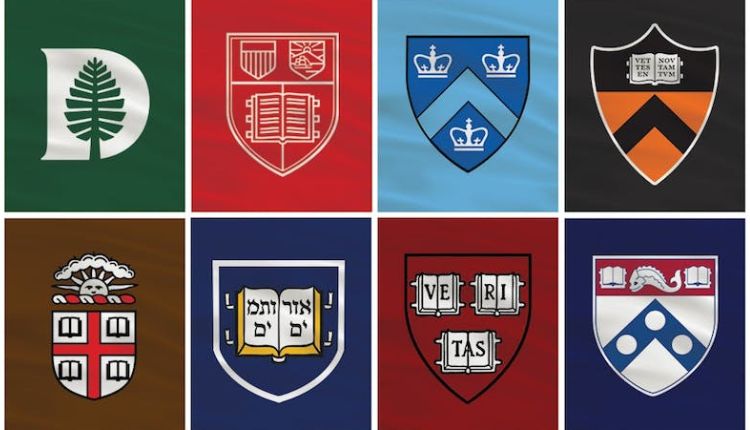What Are The Requirements For Ivy League Admissions?
Most Ivy League schools have stable or increasing acceptance rates. This trend is largely due to an increase in applications from students who want the prestige and opportunities of an Ivy League education. Admissions officers are looking for well-rounded applicants who can show passion and commitment to something outside the classroom. This can be through volunteer work, internships, and research.
Academics
The Ivy League is a nickname given to eight private universities that are highly selective, boast impressive endowments and have a long history of academic excellence. They are Brown University, Columbia University, Cornell University, Harvard University, Princeton University, University of Pennsylvania and Yale University. Students aiming for an Ivy League education should focus on getting good grades in school, taking challenging courses and doing extracurricular activities that reflect preparation for their desired major at college. It is also a good idea to dabble in different things so as to find your true passion but not overdo it, since doing too many activities could make you burn out and get poor grades.
At Ivy Plus schools, the top 0.1 percent of applicants gets an extraordinary boost in admissions compared with other students, a boost of more than double that of students who are just below the 95th percentile. Even eliminating legacy preferences and ending the advantage enjoyed by recruited athletes can only reduce that number to about 28 percent.
Extracurriculars
Extracurricular activities can be the fulcrum on which an Ivy League application’s fate rests. They help admissions officers differentiate highly competitive applicants by demonstrating depth, not breadth, and aligning with an applicant’s narrative and intended major. Ivy League admissions are looking for students with passion, initiative and significant achievement outside of the classroom. They want students to demonstrate a depth of engagement that allows them to stand out from their peers and to show leadership potential.
While there are ten slots on The Common Application for activities, students would be remiss to fill them all with pursuits that do not showcase a singular hook. Tier 1 activities are the most valuable and most likely to impress college admissions officers. These activities are those that provide the most meaningful experience in a student’s life and allow them to make an impact on the community or even the world. Tier 2 activities are those that have a little less impact but still add value to an application, such as holding a leadership position in clubs like the Model UN or debate team.
Personal Statement
The personal statement or college essay is a chance for applicants to convey what makes them unique and their intentions. It can help admissions officers connect with applicants, even if they have similar academic backgrounds and test scores. Ideally, the essay should avoid being overly cliche and share specific anecdotes. Admissions officers are also looking for a well-written narrative that has a clear structure and is free of grammatical errors and spelling mistakes.
While other parts of an application (transcripts, test scores, recommendations) give the admissions office a sense of your academic merit, the personal essay allows them to see the person behind those things—your passions, motivations, and goals. Having multiple people read the personal statement is recommended, especially for sensitive topics or if a personal essay contains profanity. Having an outside perspective is also useful to get an idea of how the essay may be perceived by a reader. In addition to the personal statement, students should consider how they can make their applications as holistic as possible through other factors.
Letters Of Recommendation
Letters of recommendation are critical for Ivy League applications. In addition to transcripts, test scores, involvements, and personal essays, these letters give admissions readers a full picture of an applicant—who she is as a student, both inside and outside the classroom. Students should identify potential letter writers early, before their junior year. This gives the professor or other recommender time to write a quality letter of recommendation. A good letter of recommendation should include an introduction, which explains the relationship between the writer and the student. It should also include the length of time that the writer has known the student and describe his or her academic, professional, and social qualities.
In the body of the letter, the writer should highlight a few particular aspects of the student’s abilities and character that are particularly compelling. In this section, it is important to be honest, but also to include a few positive anecdotes that differentiate the student from other candidates.
Conclusion
If getting into an Ivy League school is a goal for you, you’ll need to take the hardest classes and work hard for good grades. You’ll also need strong test scores and letters of recommendation. Ivy League schools aren’t just looking for superstars, but students who dig deep into a subject or activity, make a real impact, and will use their education to change the world.




